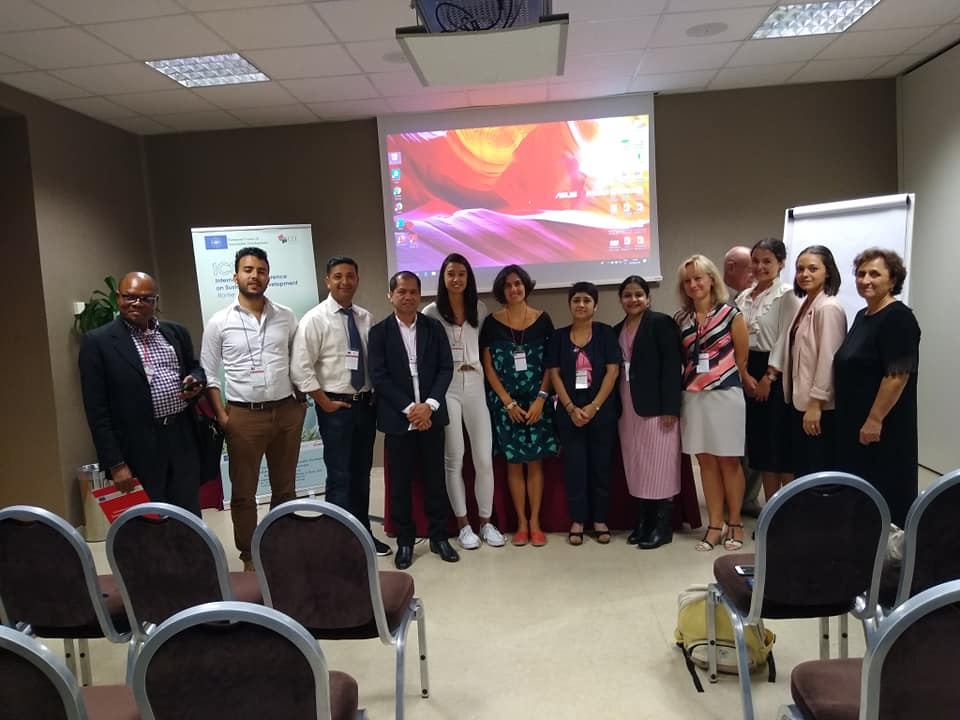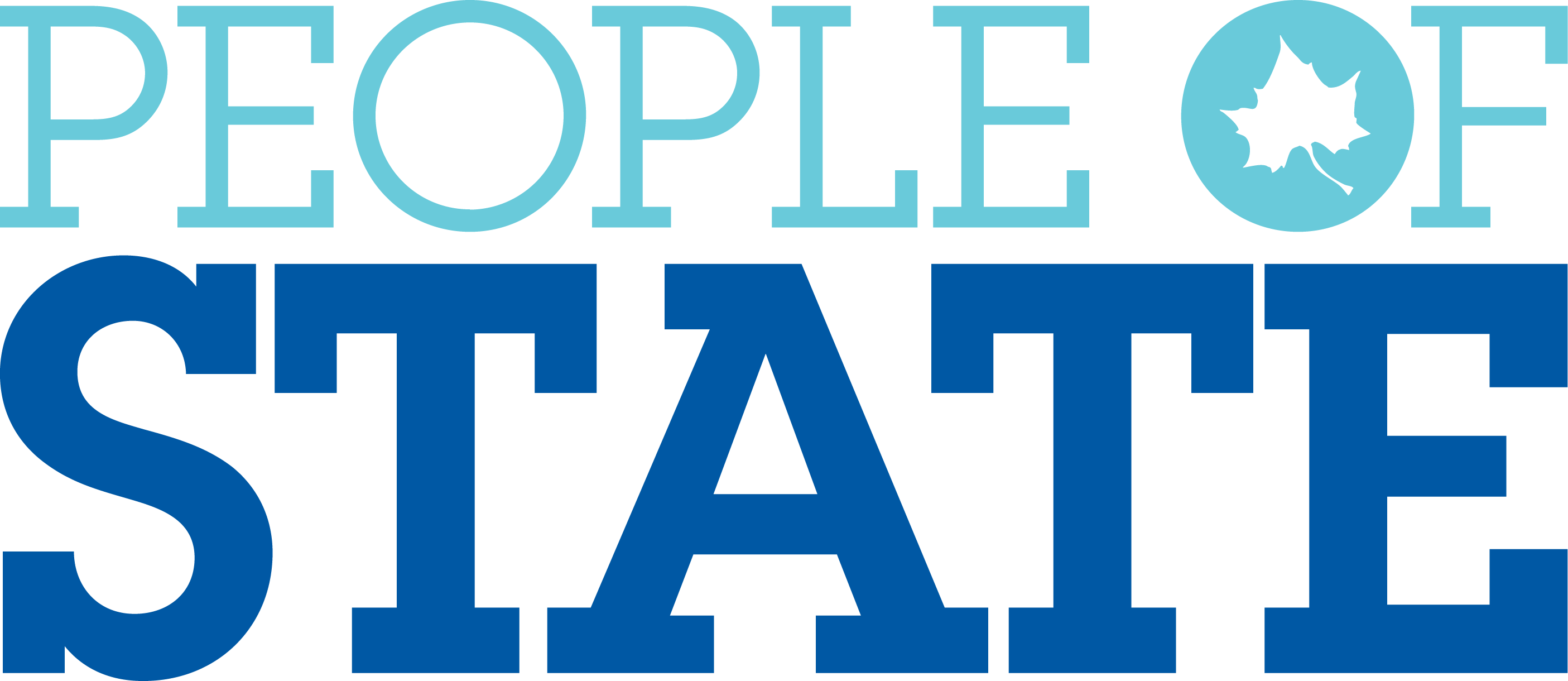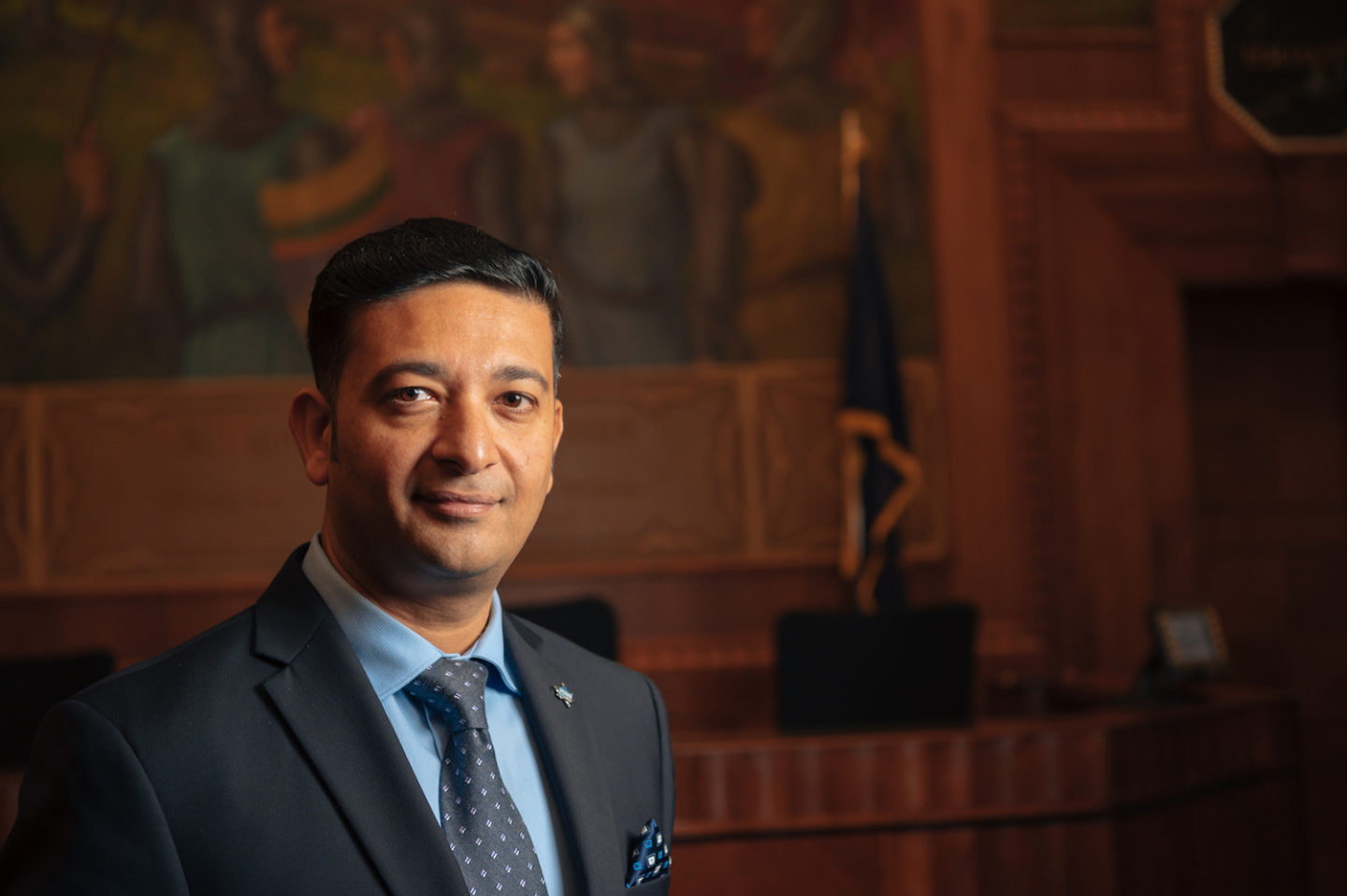
Kuntal Bhattacharyya
By Indiana State University
Dec 13, 2019
Twenty years back, if you asked someone the question “what follows you everywhere”, the natural, logical, and almost philosophical answer would almost always be “my conscience”. Fast forward two decades, and the instant answer to the same question would undoubtedly be “my phone”. Such is the degree of our association with electronics in the modern era. Here is the scoop though – every single one of us uses the “vibrate” mode for a variety of reasons throughout the day. If you knew that the vibration is dictated by a metal in your device called tungsten, would that raise an eyebrow? Probably not.
However, if you were made aware that the same tungsten in your device that allows you to communicate seamlessly was mined in a West African Nation by using forced labor, would that “tickle” your conscience? Probably yes. Furthermore, how about knowing that part of the price you paid for your phone travels all the way through its supply chain and helps fund activities for rebellious armed forces and terrorist organizations, all because that trace of tungsten in your phone was unethically mined? Now you should be really concerned.
This is the heart of a research study undertaken by Indiana State University Professor Kuntal Bhattacharyya. Tungsten, along with tin, tantalum and gold (together abbreviated as 3T-G) form the bulk of what is known as conflict minerals. “This is a topic I have been working on for the last couple of years, primarily around conflict minerals mined in the Democratic Republic of Congo,” Bhattacharyya said. “The earliest note of conflict minerals is in blood diamonds, essentially how diamonds used to be mined in certain West African nations by child and forced labor. Eventually, that got translated into some very specific metals (3T-G) that go into almost all electronics that work off printed circuit boards (PCBs).”
Bhattacharyya, who also serves as chair of the department of marketing and operations, was working on his research when the call went out for papers to the International Conference on Sustainable Development, an initiative of the European Consortium of Sustainable Development. Dr. Bhattacharyya utilized this opportunity to not only broaden his curriculum vitae, but also to expose his graduate assistant to research at the International Conference on Sustainable Development in Rome this fall.
“This is a serious situation for US based electronics manufacturing companies that globally source their raw materials. The U.S. regulatory board, looking at global supply chains for the electronics industry which have the 3T-G mined from certain West African nations, figured that there is a tremendous disservice to human dignity when humans are misused in mining these metals. Furthermore, the revenue from mining in these nations has given abusive armed groups and/or terrorist organizations the means and incentive to operate. In light of the need to accept ownership and accountability for its own supply chains, the U.S. Congress passed the Dodd-Frank Act in 2010. Section 1502 of the Dodd-Frank Act requires U.S. publicly-listed companies to check their supply chains for tin, tungsten, tantalum and gold, if they might originate in Congo or its neighbors, to take steps and address any risks they find, and report on their efforts every year to the U.S. Securities and Exchange Commission. Failure to do so would enforce intervention by the Justice Department and freezing of operations for that specific supply chain. It’s happened to companies I know of.”
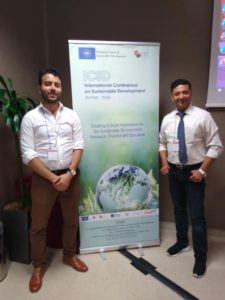 What Bhattacharyya and his graduate assistant and Master of Business Administration student Achraf Zahid did for their presentation was to redefine the conflict mineral supply chain through the lens of triple bottom-line.
What Bhattacharyya and his graduate assistant and Master of Business Administration student Achraf Zahid did for their presentation was to redefine the conflict mineral supply chain through the lens of triple bottom-line.
“In the operations world, we define the triple bottom-line in three pieces. Bottom-line is all about profit but over the last 20 years it’s also been about, social responsibility and environmental sustainability,” Bhattacharyya said. “All of them have to work in unison to provide the overall value that the company seeks to provide. Part of this paper was to design the overall flowchart of conflict-mineral operations and look at it through the lens of triple bottom line and investigate specific areas of vulnerability where there is a possibility of conflict.”
Bhattacharyya and Zahid conducted nearly six months of research, beginning with identifying the problem of research and investigating its extent with examples from real world to help them develop an instrumentation plan that served as a road map for collecting and analyzing data as well as building the entire study.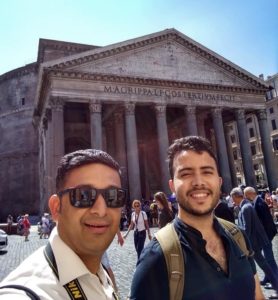
“For me, presenting in a regular class is very different from presenting in a conference in front of highly experienced researchers which can be intimidating for a student like me,” Zahid said. “However, thanks to the support and guidance of Dr. Bhattacharyya, presenting at the conference was a very fruitful and enjoyable experience.”
Now stateside, they are in the process of completing the final paper, which Bhattacharyya hopes to publish in the European Journal of Sustainable Development.
“With all that you see and hear about sustainability, or the lack of sustainability across the planet, we want to do this research while the issue is current,” Bhattacharyya said. “We thought this was the best platform if we really want to make a claim and give the university a voice on a global platform on the kind of research we do and how important sustainability is to our research and to our lives.”
“Being sustainable on an everyday basis is what is going to change the world. This research was as much geared toward sustainability as it was toward a very broad range of consumer products that are being affected by asserting bottom-line driven supply chains that have zero to no transparency and in today’s global supply chains, transparency is the key to information interchange”.
Article co-authored by Dr. Kuntal Bhattacharyya.
